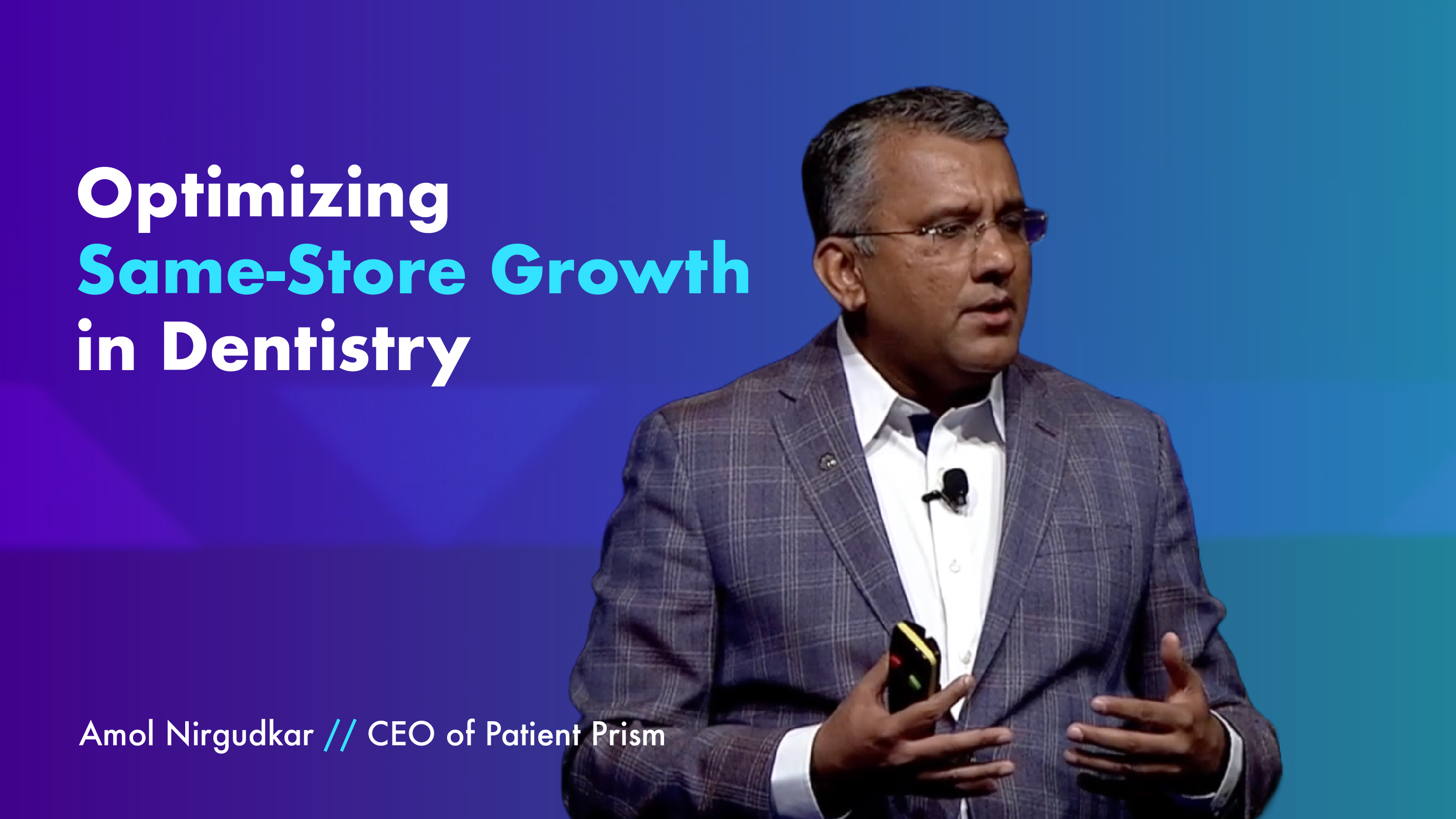Running a dermatology practice involves juggling a myriad of administrative tasks, from scheduling appointments to managing patient data. These tasks, while essential, can be incredibly time-consuming and prone to human error. Enter conversational AI – a game-changer that can automate many of these processes, freeing up dermatologists and their staff to focus on what truly matters: patient care.
Automated Scheduling and Reminders
One of the biggest headaches in any medical practice is managing appointments. Missed appointments can disrupt the workflow and reduce efficiency. Conversational AI steps in to handle scheduling with ease. AI-powered systems can manage appointment bookings, send out automated reminders, and even handle rescheduling requests. This not only minimizes no-shows but also ensures that appointment slots are utilized efficiently, maximizing the clinic’s capacity to see patients.
Imagine a patient wanting to book an appointment outside office hours. With AI, they can do so seamlessly through an AI-driven chatbot on the clinic’s website. The chatbot can check availability, book the slot, and send a confirmation email – all without any human intervention.
Streamlined Patient Registration
Registration is another area where conversational AI shines. Traditionally, patient registration can be a cumbersome process involving a lot of paperwork and manual data entry, both of which are prone to errors. AI chatbots can guide patients through the registration process, collecting necessary information such as medical history, insurance details, and consent forms. This automation not only speeds up the process but also reduces the risk of errors, ensuring that all necessary information is accurately captured and stored.
Patients can complete their registration at their convenience, even before they arrive at the clinic. This streamlined process not only saves time but also enhances the patient experience by reducing wait times and administrative hassles.
Efficient Follow-up Care
Following up with patients post-appointment is crucial for ensuring they adhere to their treatment plans. Conversational AI can manage this follow-up process seamlessly. AI systems can send reminders for medication, provide instructions for aftercare, and schedule future visits. This continuous engagement keeps patients on track with their treatment plans, leading to better health outcomes and higher patient satisfaction.
For example, a patient treated for acne might receive automated reminders to apply prescribed topical treatments and take medication as directed. They could also receive tips on skincare routines and notifications about their next follow-up appointment. This ongoing interaction helps reinforce the importance of adherence to treatment plans.
Data Management and Analysis
Efficient data management is critical in a dermatology practice, and conversational AI can play a significant role here as well. AI systems can integrate with electronic health records (EHR) to automatically update patient data and generate comprehensive reports. This integration allows for better data management and quick access to patient information. Moreover, AI can analyze patient data to identify patterns and provide insights that can help in making informed decisions about patient care.
Consider a scenario where an AI system identifies a trend of increasing cases of a particular skin condition in a specific demographic. Dermatologists can use this insight to tailor their public health messaging or adjust their clinic’s focus to address emerging needs.
Improving Patient Experience
The benefits of conversational AI extend beyond operational efficiency; it also significantly enhances the patient experience. Patients appreciate quick responses and seamless interactions, both of which AI provides. From instant answers to queries about skin conditions to easy appointment scheduling, AI ensures that patients feel valued and cared for. This improved experience can lead to higher patient retention and positive reviews, which are vital for the growth of any medical practice.
Patients seeking information about their condition can interact with AI chatbots to get immediate, reliable information. This not only saves them a call to the clinic but also empowers them with knowledge about their health, enhancing their overall experience.
Integrating conversational AI into dermatology practice operations is not just a trend; it’s a necessity for modernizing healthcare. By automating routine administrative tasks, conversational AI frees up valuable time for dermatologists and their staff, allowing them to focus on delivering high-quality care. The result is a more efficient practice, satisfied patients, and ultimately, better health outcomes. As technology continues to evolve, the potential for AI in dermatology will only grow, offering even more innovative solutions to streamline operations and enhance patient care.














 A few minutes can change everything.
A few minutes can change everything.
 Build Your Million-Dollar DSO Playbook
Build Your Million-Dollar DSO Playbook Seats are limited to 150 and they’re filling fast!
Seats are limited to 150 and they’re filling fast!